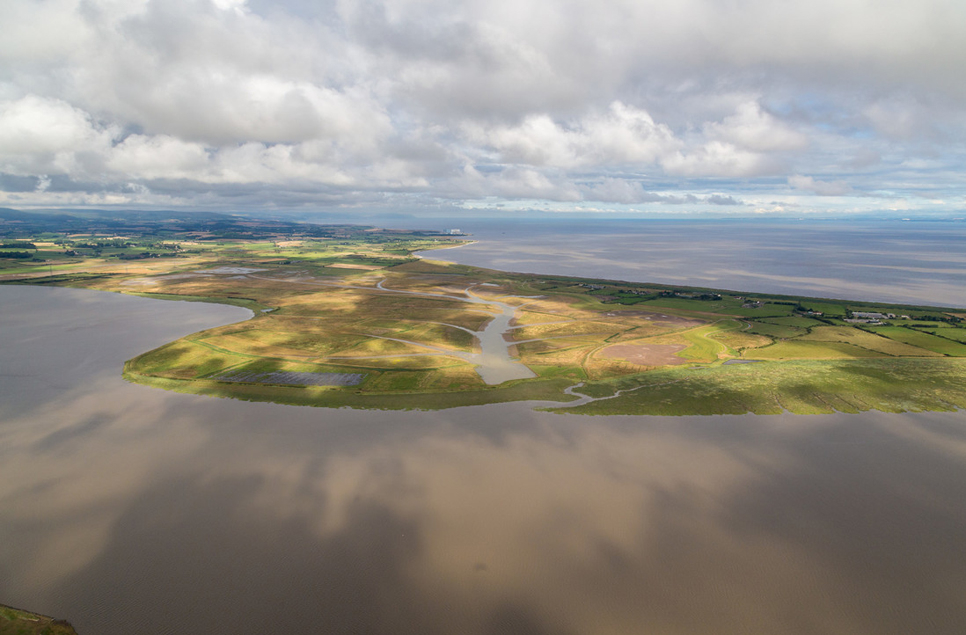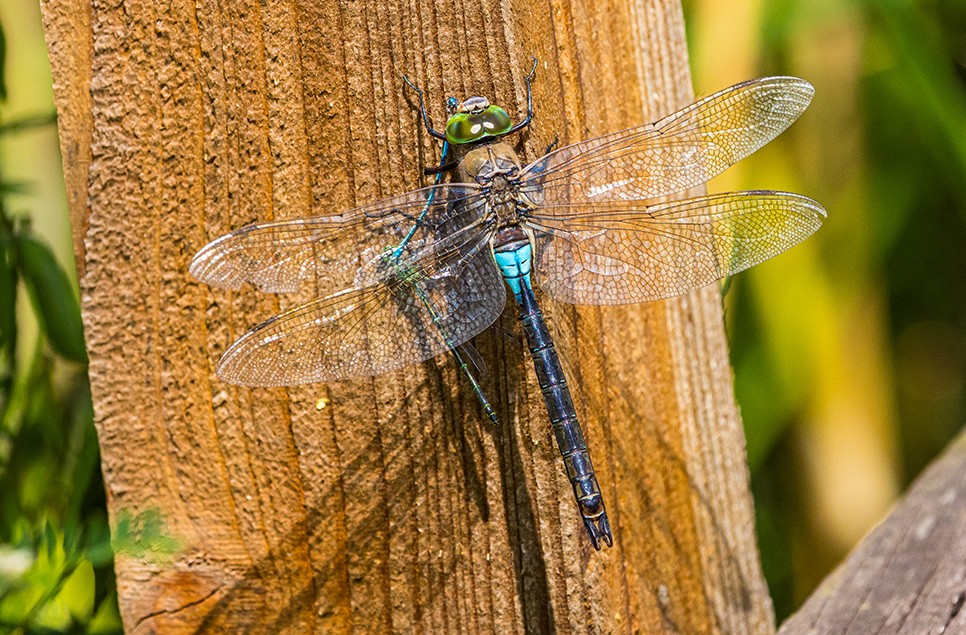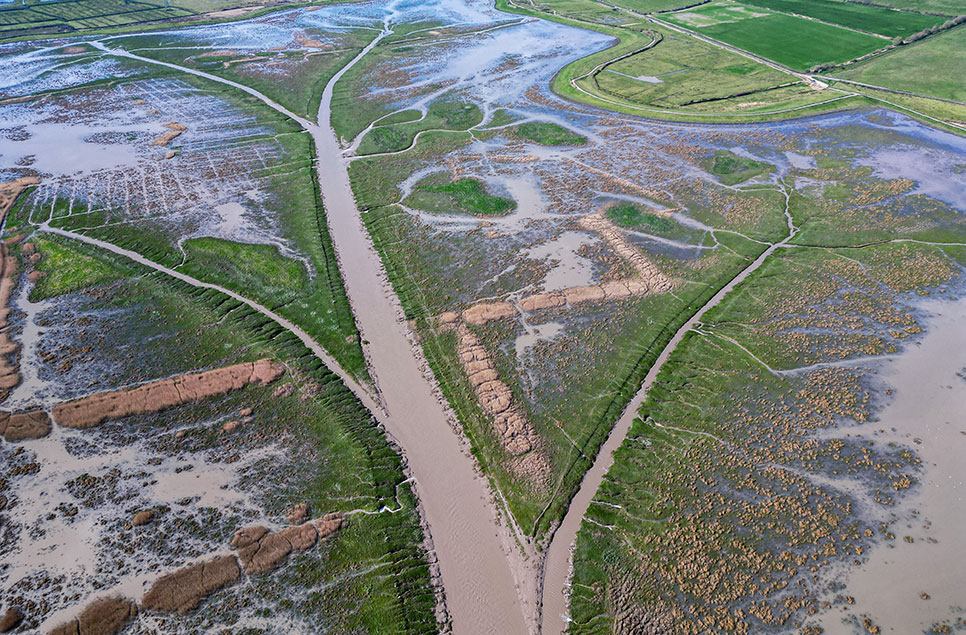WWT contributes to new report highlighting importance of nature-based solutions in tackling climate change
WWT experts have contributed to a major new report highlighting the importance of nature-based solutions to reaching Net Zero, hitting biodiversity targets, and adapting to climate change.

WWT experts have contributed to a major new report highlighting the importance of nature-based solutions to reaching Net Zero, hitting biodiversity targets, and adapting to climate change.
The Nature Based Solutions report by the British Ecological Society is the “first to offer a complete assessment of the potential of nature-based solutions” across a variety of different habitats including woodlands, marine, grasslands, peatlands, freshwater, heathlands, arable and build environment.
The report states that as well as helping with climate change, the solutions it highlights can provide economic benefits and boost human wellbeing – but cannot be treated as a substitute for reducing carbon emissions or action on nature conservation.
Nature Based Solutions report brings together world-class independent scientists and experts including from WWT. Our contribution included a case study of our work together with Manchester Metropolitan University at Steart Marshes – a WWT managed coastal saltmarsh that is an ‘on the ground’ example of working at landscape scale to provide nature-based solutions such as storing carbon, reducing flood risk to local communities, and helping visitors experience the multiple benefits of wetlands.
Key stats from published case study in report:
- 300 ha of created intertidal wetland saltmarsh habitat
- An estimated accumulation rate of 92 t.CO2/ha/yr has been calculated.
- 17 saltmarsh species including sea lavender, sea plantain and sea arrowgrass have colonised within five years.
- Wintering populations of avocet, black-tailed godwit, dunlin, greenshank, lapwing, little egret, redshank, shelduck, shoveler, teal, pochard and sanderling exceed nationally important thresholds.
- A net annual ecosystem service benefit of between £491,155 to £913,752 has been estimated
Tom Fewins, Head of Policy and Advocacy from WWT said that climate change was our gravest threat but that – as this report shows – nature can help us tackle this threat. Coastal wetlands like saltmarsh were one of the very best nature based solutions, he added.
“The saltmarshes at WWT’s Steart Marshes not only host an amazing range of species, but also provide flood protection, support the local tourist industry and food producers, provide access to nature and the wellbeing this supports…and lock up prodigious amounts of carbon,” he said.
“However, we have lost so many wetlands and those remaining are still declining - overall the extent of saltmarsh is decreasing as these coastal habitats become trapped between rising sea levels and the artificial structures that prevent new saltmarsh forming.
“It doesn’t have to be this way - our ‘Blue Recovery’ proposals call for 100,000 hectares of new and restored wetlands, including majestic multi-benefit saltmarshes. If Government is serious about making use of nature-based solutions it must incorporate creating and restoring wetlands into its green recovery plans and provide the necessary funding to deliver wetlands at scale”
Releasing the report, the British Ecological Society said it was particularly significant that policymakers recognised the importance of protecting nature not just for its own sake but for the many benefits it provides for people. To help the UK reach its climate change goals, including reaching net-zero greenhouse gas emissions by 2050, policymakers across the UK need to have access to relevant and reliable evidence of potential solutions, including nature-based solutions.
They added that the upcoming COP26 event in Glasgow later in the year added urgency for this information to be available and acted on with an “additional emphasis on delivering a Green Recovery from Covid-19.”



